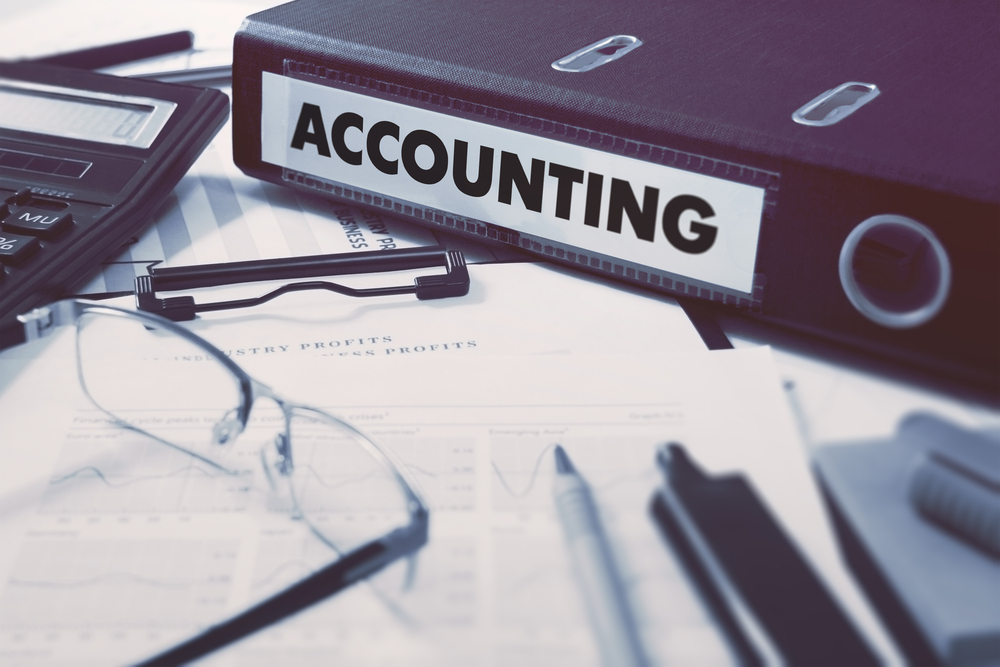Business Tax Preparation Tips
Properly preparing for the busy tax season is critical to running a successful small business. By taking the time to engage in tax preparation and...

Accounting plays a vital role in the success and growth of any business, whether a startup or long-established operation. It involves summarizing, analyzing, and reporting financial transactions to help business owners make informed decisions.
Understanding the basic accounting principles and maintaining accurate bookkeeping allows you to assess your business's financial performance at any time. If you are wondering how to do this, keep reading this Huddle Business Capital blog article. It features helpful tips and information about small business accounting.
As mentioned at the beginning of this blog article, business accounting is the process of recording a company's financial transactions. You or your accountant should do this regularly to see your company's financial performance (profits and/or losses), earnings, expenses, and cash flow.
You must keep up-to-date accounting records to understand your business's financial health. Tracking income, expenses, profits, and losses becomes challenging without accurate and timely records. This lack of financial visibility can result in poor decision-making, cash flow problems, and budget overruns.
Understanding the three essential financial statements — the income statement, balance sheet, and cash flow statement — can help you manage your finances effectively and make sound business decisions.
Income statement
Your income statement, also referred to as a profit and loss (P&L) statement, provides a summary of your business's revenues and expenses over a specific period. It shows whether your business is profitable by calculating net income (revenues minus expenses). You can use your business's income statement to track revenue, identify costs that need to be reduced, and assess overall profitability.
Balance sheet
Your balance sheet presents a bird's-eye view of your business's financial position. It shows assets (what your business owns, such as equipment and vehicles), liabilities (what your company owes), and equity (the difference between your business's assets and liabilities). Your balance sheet is invaluable for helping you understand your business's financial health and track changes in business assets and liabilities.
Cash flow statement
Your cash flow statement tracks how cash moves in and out of your business. It categorizes cash flow into operating activities (day-to-day operating expenses), investing activities (asset purchases or sales), and financing activities such as debt repayment. You can review your cash flow statement for a specific period to see how much cash is coming in and going out of your business, identify potential cash flow issues, and plan for future expenses or investments.
The accounting system and software platform you choose for your business will depend on your unique needs and budget. If you have an in-house accounting department or manager, consult with them to determine what is needed to streamline financial reporting, reduce errors, and improve overall operational efficiency.
Conversely, if you manage your business's accounting tasks, you can save money by not hiring professionals or outsourcing your accounting responsibilities. However, navigating complex accounting tasks requiring specialized knowledge can be time-consuming.
Whatever route you choose, many different accounting software solutions are available that meet modern businesses' demands, with cloud-based systems leading the way. These software platforms offer real-time access to financial data from anywhere and simplify all aspects of accounting. Most accounting software systems are scalable and feature tools that reduce manual tasks, minimize errors, and improve overall financial management.
Staying organized and on top of your business's financials throughout the year will be a big help once tax season rolls around. You will have all of your financial documents ready when you or your accountant prepare your tax return. This eliminates the need to rush everything at the last minute and potentially submit a tax return with errors or inconsistencies.
Another significant benefit of keeping your accounting books current is that it lets you better anticipate and prepare for tax liabilities throughout the year. Budgeting for taxes ensures you can set aside funds to meet tax obligations without disrupting cash flow or causing financial strain.
This Huddle Business Capital blog article is purely educational and contains general information and opinions; it is not intended to provide advice or recommendations of any kind.

Properly preparing for the busy tax season is critical to running a successful small business. By taking the time to engage in tax preparation and...

The holiday season is often the most wonderful time of the year—for small businesses. It's a time when savvy business owners do more than put up...

As the year draws to a close, businesses in all industries are navigating the vibrant hustle and bustle of the holiday shopping season. Owners and...